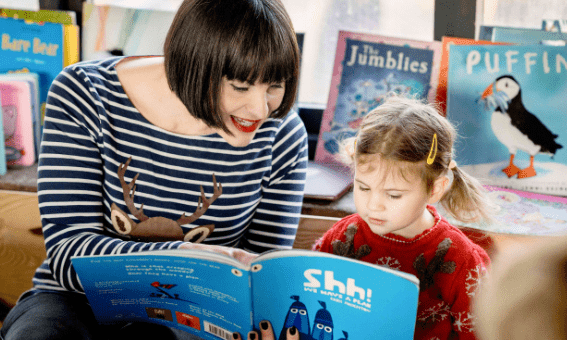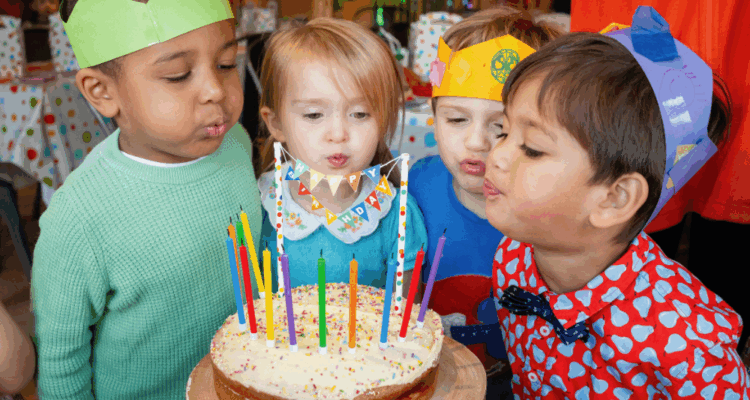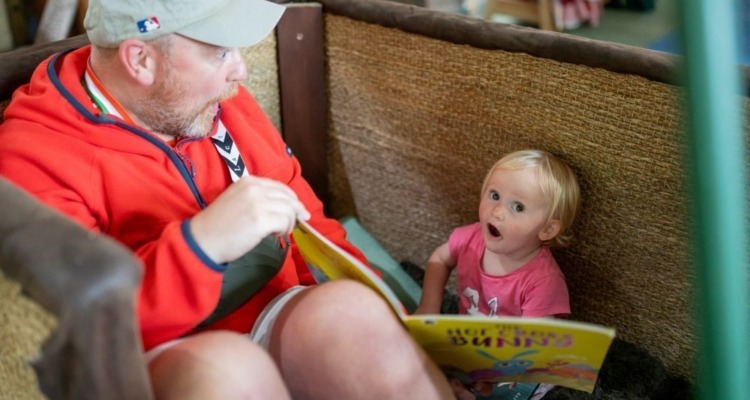Dear parent: why your dyslexic child struggles with reading
On the Guardian's education blog today, Professor Maryanne Wolf explains, in a letter to parents of children with reading problems, how dyslexic children's brains are organised differently:
It all begins with understanding that reading does not come naturally to human beings. We humans invented literacy, which means it doesn't come for free with our genes like speech and vision. Every brain has to learn it afresh. Learning to read for the brain is a lot like an amateur ringmaster first learning how to organise a three-ring circus. He wants to begin individually and then synchronise all the performances. It only happens after all the separate acts are learned and practised long and well. In childhood, there are three, critical "ring acts" that go into the development of reading: learning about the world of letters; learning about the individual sounds inside of words (which linguists call phonemes); and learning a very great deal about words.
Professor Wolf will be speaking at our Reading for Wellbeing Conference on 'The Pleasures and Perils of an Evolving Reading Brain', on Tuesday 17th May, New Brighton, Wirral.
Share
Related Articles

The Reader launches Christmas appeal to raise £10,000 to help care-experienced children thrive through the joy of reading
As the festive season approaches, the Liverpool-based national Shared Reading charity is launching an appeal calling for help to make…

Celebrating 10 years of The Storybarn with an even bigger end of summer family festival
The UK’s biggest Shared Reading charity will be marking the end of the summer holidays and a major birthday milestone…

We cannot just tell parents to read more. To truly improve children’s futures through reading, we need to properly support the adults around them to do so.
Responding to the Department of Education's announcement that 2026 will be a Year of Reading, The Reader's Managing Director Jemma…



